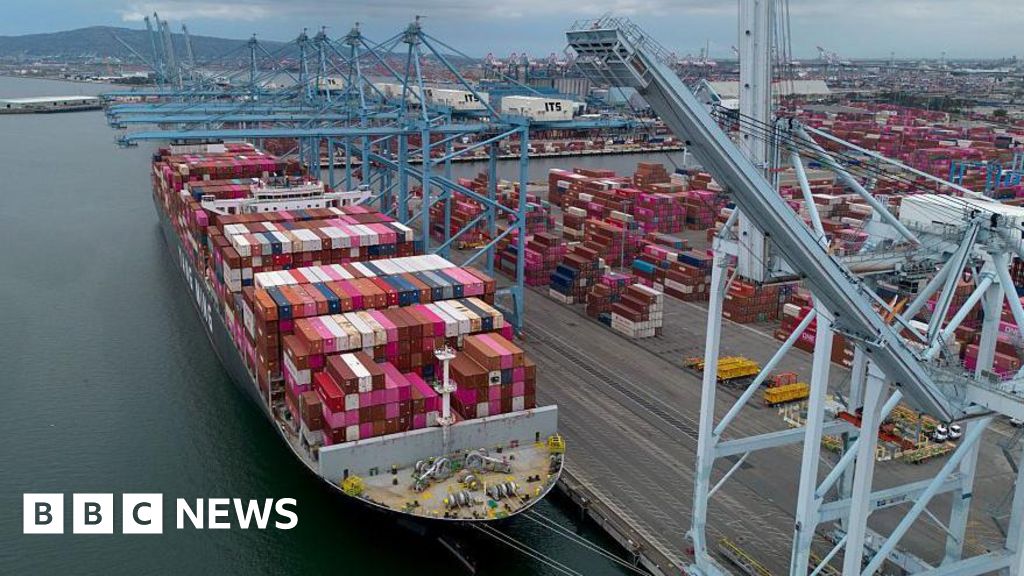ARTICLE AD BOX
 Image source, Getty Images
Image source, Getty Images
Rationing of energy in Europe cannot be ruled out, the boss of energy giant Shell has warned, due to worries over the supply of gas from Russia.
Speaking at an energy conference, Ben van Beurden said a "really tough winter in Europe" was ahead, with energy prices set to see "significant" rises.
Energy prices jumped earlier this year after Russia invaded Ukraine.
Russia has also been accused of using gas "as a weapon" by limiting supplies in response to EU sanctions.
Last month, Germany moved closer to gas rationing after it triggered the "alarm" stage of an emergency gas plan to deal with shortages, amidst fears of tighter supplies. The highest level of the plan would allow the state to intervene and prioritise energy allocation to households and emergency services.
This week, Russian natural gas supplies to Germany via the Baltic Sea pipeline Nord Stream 1 were halted for 10 days of annual maintenance work, but there are fears that supplies may not restart.
Europe's gas stocks are 62.6% full, with warnings that meeting the 80% target for winter will be difficult if disruptions to the gas supply continue.
The EU has committed to reducing gas imports from Russia by two-thirds within a year, but it has been hard to get agreement on any further measures, such as an outright import ban.
Speaking at the Aurora Spring Conference in Oxford, Mr van Beurden said: "It will be a really tough winter in Europe.
"Some countries will fare better than others but we will all be facing a very significant escalation in energy prices."
Earlier this week, the head of the UK's energy watchdog, Ofgem, warned that domestic energy bills would rise faster this winter than previously forecast.
One industry analyst has predicted a rise of more than £1,200 a year to UK domestic bills in October. Cornwall Insight said that the typical domestic customer was likely to pay £3,244 a year from October, then £3,363 a year from January.

 2 years ago
37
2 years ago
37








 English (US) ·
English (US) ·